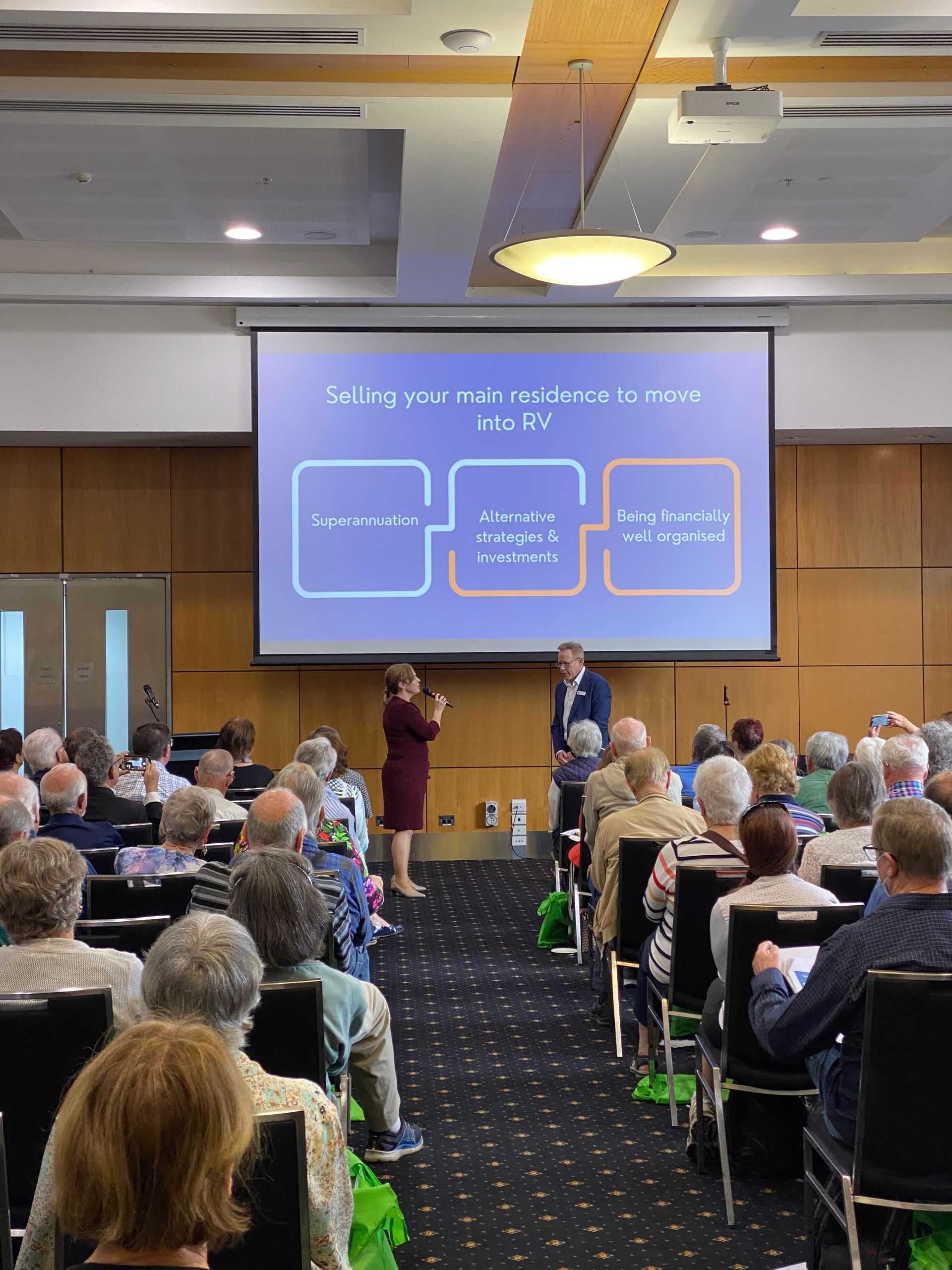10 things you may not know about estate administration | Part 3
In times of bereavement it is often distressing for members of the deceased’s family to address the issues surrounding the wishes of the deceased. It can also be difficult to try and understand the specific language used in the administration of an estate even when you aren’t trying to cope with the loss of a loved one. To help you better understand this sometimes confusing process we have prepared a short series called ‘10 Things You May Not Know About Estate Administration’.
Andrew Freer E: andrew@kjblaw.com.au
Part 3 – Commission
What is it?
Section 70 of the Administration and Probate Act 1929 (ACT) allows the court to award commission to a legal personal representative, or a trustee of a trust established under a will, out of the estate assets for their "pains and trouble" that is just. "Pains" is regarded as the responsibility, anxiety and worry; "trouble" is the work done.
How do I get it?
It is necessary for a legal personal representative to claim commission – it won’t just be given to them. The amount of commission is always at the discretion of the Court, and its usual practice is to award commission within commonly adopted parameters.
Conduct such as breaches of trust and failure to act promptly in the administration of the estate may limit, or even defeat, what would otherwise be an appropriate claim for commission.
On the other hand, unnecessary complaints or accusations by beneficiaries against a legal personal representative who is performing their duties in a proper way can be a factor operating in favour of the legal personal representative in the award of commission.
A legacy to the legal personal representative in lieu of commission, or in recognition of their services as executor (whether stated expressly or inferred from the will), if accepted, will normally result in no award of commission to the legal personal representative. However, a legacy to the legal personal representative without reference to them acting as legal personal representative will usually not be a bar to an award of commission. Depending on the amount of the legacy and the size of the estate, it may be a factor considered by the Court in reducing the ultimate award. Also, a gift of a share, or even the whole, of the residuary estate to the legal personal representative does not of itself prevent an award of commission.
A legal personal representative is entitled to reimbursement out of the estate for out of pocket expenses incurred in the performance of their duties, such as for postage and telephone expenses. These amounts are in addition to commission.
By Consent?
There is nothing to prevent a legal personal representative and affected beneficiaries (who are fully informed) from agreeing to payment of an amount for commission without any order or other sanction of the court. The affected beneficiaries are those who would bear any part of the burden of the commission payment. Ordinarily this would not include legatees. Commission is regarded as a testamentary expense and is ordinarily paid out of residue.
By Court Approval?
If such an agreement can’t be reached though, to claim commission the legal personal representative must file and pass accounts with the Court. Ordinarily the legal personal representative claims commission at the same time as they seek the passing of accounts.
How Much Commission?
In short, how much is in the discretion of the Court. In NSW the usual practice of the Court is to allow commission by applying different percentage rates to each component of the accounts - assets realised, assets transferred in specie and income collected. Another thing to consider is that the ATO considers commission paid to an executor to be assessable income of the executor personally.
If you think you may be entitled to commission, or want to ensure there is appropriate provision made for your legal personal representative in your will, the team at KJB Law can help. Please contact us on 6281 0999 to discuss.
Andrew Freer E: andrew@kjblaw.com.au
News




















